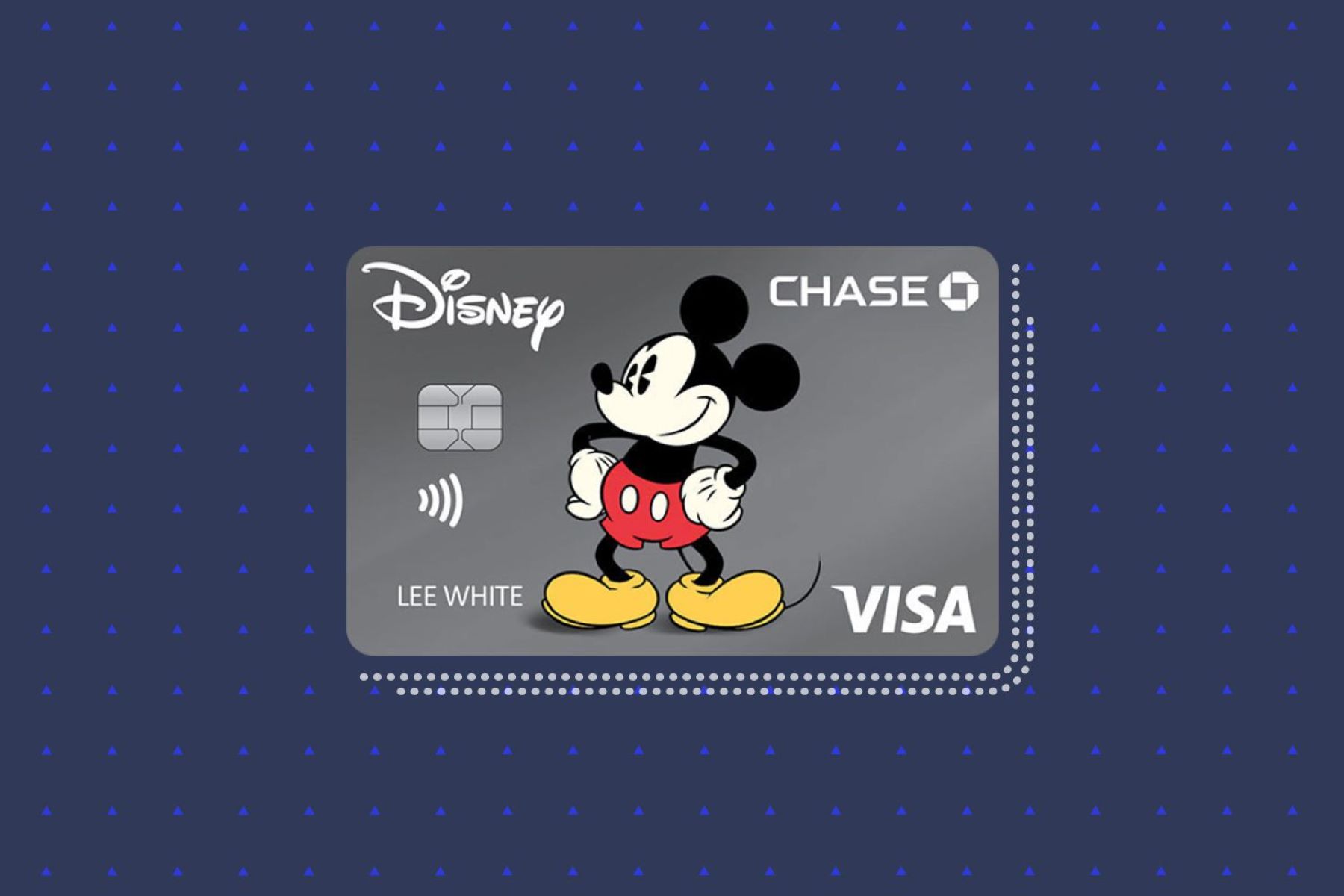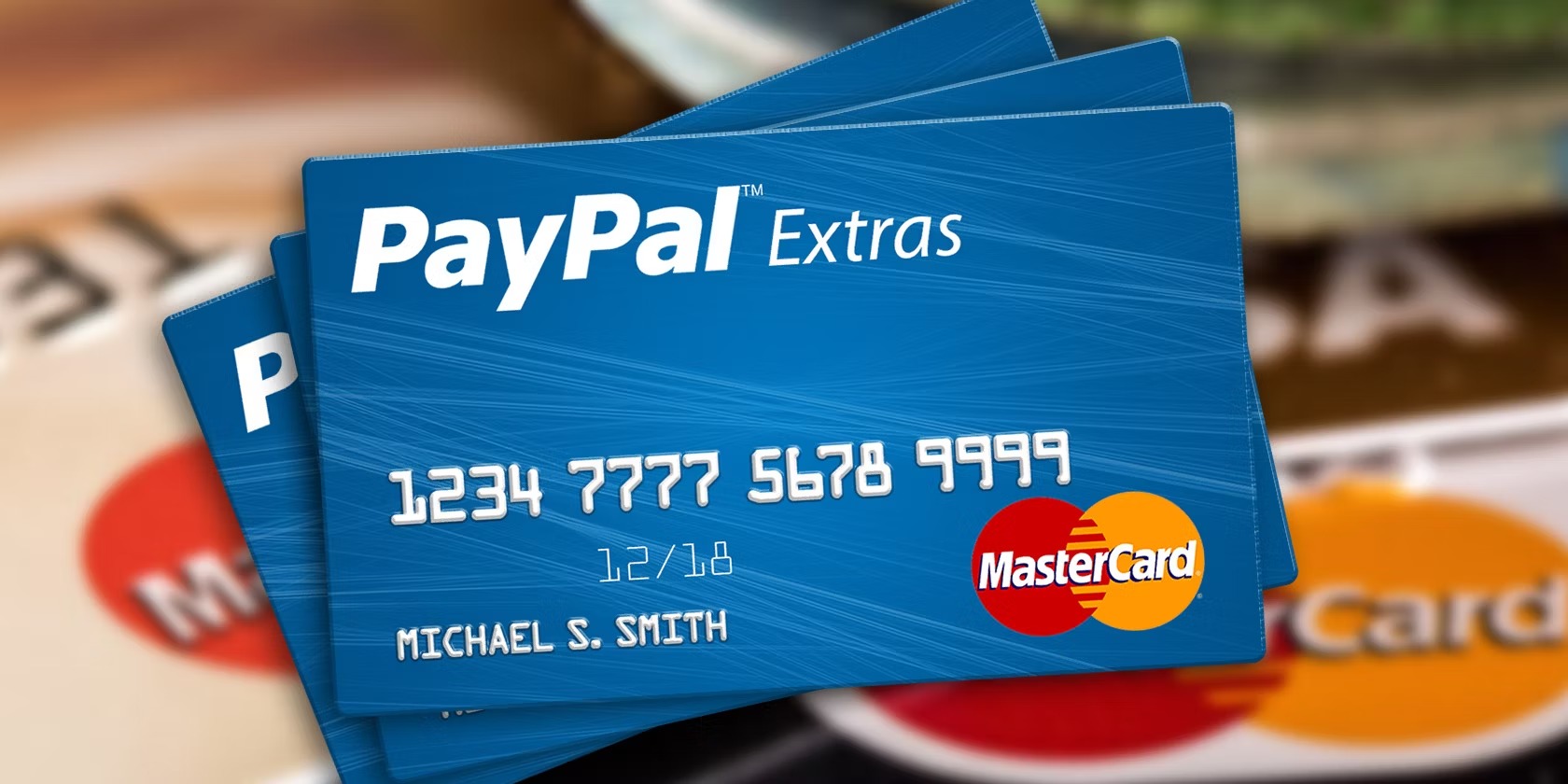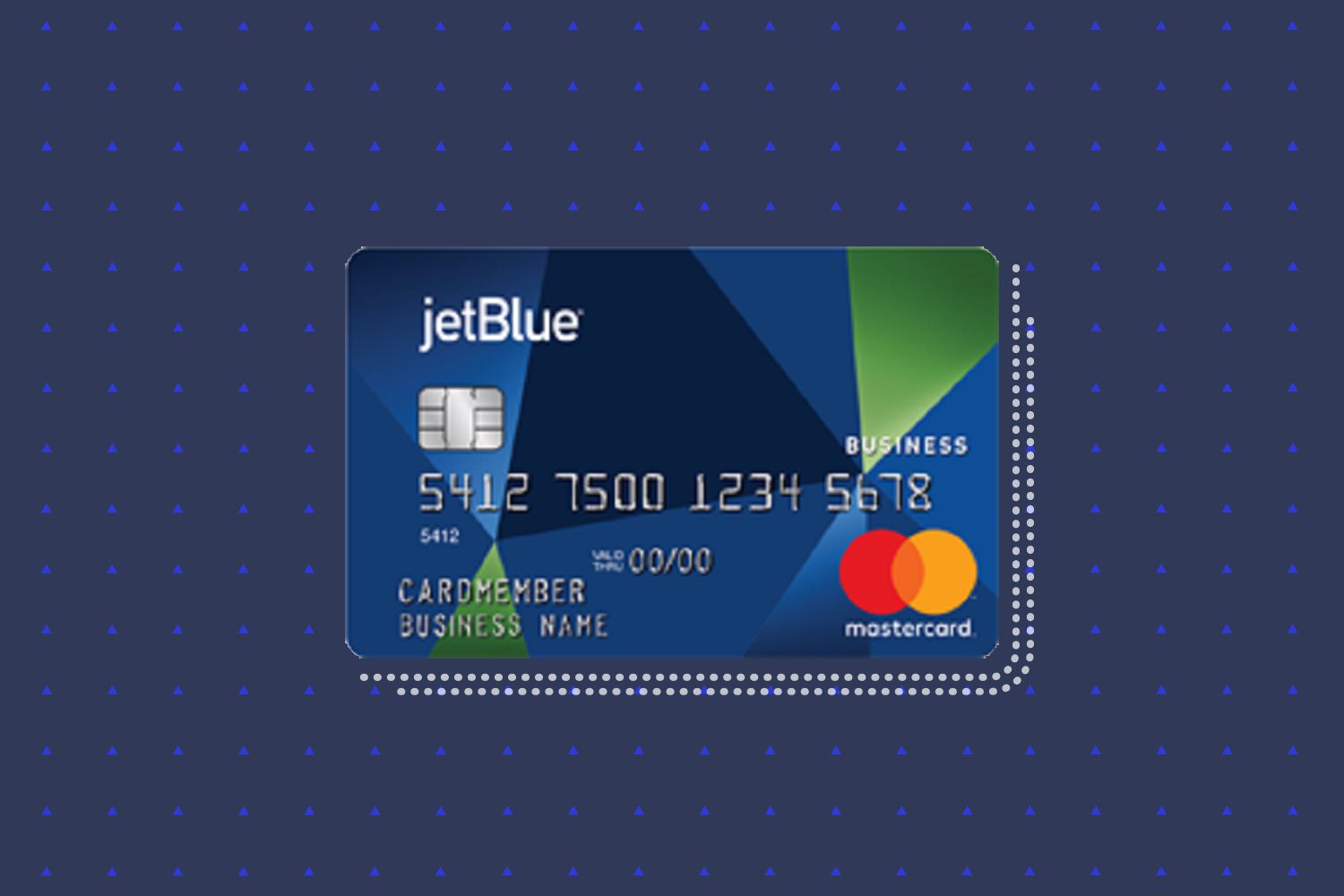Home>Finance>What Credit Score Do You Need To Get A Marriott Credit Card


Finance
What Credit Score Do You Need To Get A Marriott Credit Card
Published: October 21, 2023
Wondering what credit score is needed to get a Marriott credit card? Discover the financial requirements and eligibility criteria for obtaining this lucrative card.
(Many of the links in this article redirect to a specific reviewed product. Your purchase of these products through affiliate links helps to generate commission for LiveWell, at no extra cost. Learn more)
Table of Contents
Introduction
Welcome to the world of credit scores and credit cards! If you’re considering getting a Marriott credit card, you’re in the right place. In this article, we’ll explore the credit score requirements for obtaining a Marriott credit card and discuss the various factors that can impact your approval chances. But first, let’s take a step back and understand the importance of credit scores.
Your credit score is a three-digit number that reflects your creditworthiness and financial health. Lenders use this score to assess the risk of lending you money. It plays a vital role in determining whether you qualify for a credit card, loan, or mortgage, and the terms and interest rates you’ll receive.
Marriott credit cards are popular among frequent travelers and loyal Marriott customers. These cards offer various benefits, such as earning Marriott Bonvoy points, complimentary hotel stays, travel perks, and more. But to enjoy all these perks, you’ll need to meet certain credit score requirements.
Now that you understand the significance of credit scores and the allure of Marriott credit cards, let’s dive into the specific options available.
Understanding Credit Scores
Before we dive into the credit score requirements for Marriott credit cards, it’s important to have a solid understanding of credit scores themselves. As mentioned earlier, your credit score is a numerical representation of your creditworthiness. It’s essentially a snapshot of your credit history and financial behavior, which lenders use to determine your creditworthiness.
Credit scores are typically calculated based on several factors, including:
- Payment History: This is the most important factor, accounting for about 35% of your credit score. It reflects whether you’ve made your payments on time and if you have any late or missed payments.
- Credit Utilization: This refers to the amount of your available credit that you’re currently using and accounts for around 30% of your credit score. It’s typically recommended to keep your credit utilization below 30%.
- Length of Credit History: This takes into consideration how long you’ve been using credit and accounts for about 15% of your credit score. Generally, a longer credit history is favorable as it provides more data for lenders to assess your creditworthiness.
- New Credit: This factor accounts for approximately 10% of your credit score and considers any new credit accounts or inquiries you’ve made. Opening several new credit accounts in a short period of time can negatively impact your credit score.
- Credit Mix: This accounts for about 10% of your credit score and takes into account the different types of credit you have, such as credit cards, loans, and mortgages. Having a diverse mix of credit can positively influence your credit score.
Now that you have a basic understanding of credit scores, let’s explore the various credit card options available from Marriott.
Marriott Credit Card Options
Marriott offers several credit card options to cater to the different needs and preferences of its customers. These cards are designed to provide various benefits and rewards for loyal Marriott guests and frequent travelers. Let’s take a look at some of the Marriott credit card options:
- Marriott Bonvoy Boundless™ Credit Card: This card is geared towards individuals who frequently stay at Marriott hotels and want to maximize their rewards. With this card, you can earn points for hotel stays, receive a Free Night Award every year, and enjoy exclusive benefits such as Silver Elite status.
- Marriott Bonvoy Bold™ Credit Card: This card is ideal for those who are looking for a no-annual-fee option. While it may have fewer rewards and benefits compared to other Marriott cards, it still allows you to earn points on Marriott purchases, receive Elite Night Credits, and access exclusive cardholder benefits.
- Marriott Bonvoy Brilliant™ American Express® Card: This premium card offers exclusive benefits for luxury travelers. It provides access to the Marriott Bonvoy Gold Elite status, an annual Free Night Award, up to $300 in statement credits for eligible purchases, and more.
- Marriott Bonvoy Business™ American Express® Card: This card is tailored specifically for small business owners. It offers unique benefits such as 4X points on eligible purchases, free Wi-Fi at participating Marriott Bonvoy properties, and Marriott Bonvoy Silver Elite status.
These are just a few examples of the Marriott credit card options available. Each card comes with its own set of rewards, benefits, and costs, so it’s important to carefully consider your needs and preferences before choosing the one that best suits you.
Now that you’re familiar with the Marriott credit card options, let’s explore the credit score requirements for obtaining these cards.
Credit Score Requirements for Marriott Credit Cards
Now that you have an understanding of the different Marriott credit card options, let’s discuss the credit score requirements for these cards. It’s important to note that specific credit score requirements can vary depending on the issuer and the card you’re applying for. However, there are some general guidelines to keep in mind.
For most Marriott credit cards, a good to excellent credit score is typically required for approval. A good credit score generally falls within the range of 670 to 739, while an excellent credit score is typically considered to be 740 or higher. It’s important to keep in mind that your credit score isn’t the only factor that lenders consider when reviewing your credit card application.
In addition to your credit score, other factors that lenders may take into account include:
- Income and Employment History: Lenders want to ensure that you have a stable source of income to meet your credit card payments. A higher income and steady employment history can improve your approval chances.
- Debt-to-Income Ratio: Lenders also consider your debt-to-income ratio, which is the percentage of your monthly income that goes towards debt payments. A lower debt-to-income ratio indicates better financial stability and may increase your chances of approval.
- Payment History: Your payment history, including any past late payments or delinquencies, is an important factor. Lenders prefer to see a consistent track record of on-time payments.
It’s worth noting that even if you meet the credit score requirements, approval is not guaranteed. Lenders assess your overall financial profile and may consider other factors before making a decision.
If you don’t currently meet the credit score requirements for a Marriott credit card, don’t worry. There are steps you can take to improve your credit score and increase your chances of approval. Let’s explore some tips for improving your credit score next.
Factors That Affect Credit Card Approval
When applying for a credit card, it’s essential to understand the various factors that can impact your approval chances. While credit score is a crucial factor, it’s not the only one that lenders consider. Here are some key factors that can affect credit card approval:
- Credit History: Lenders assess your credit history to understand your past borrowing and repayment behavior. They look for a demonstrated ability to handle credit responsibly. A positive credit history, including a record of on-time payments and low credit utilization, increases your chances of approval.
- Income and Employment: Lenders want to ensure that you have the financial means to repay your credit card charges. Your income and stable employment history play a role in demonstrating your ability to handle credit responsibly and meet monthly payment obligations.
- Debt-to-Income Ratio: This is the ratio of your debt payments to your income. Lenders want to see a healthy debt-to-income ratio, as it indicates that you have enough income to manage your existing debts and take on new credit responsibly.
- Credit Utilization: Your credit utilization ratio is the percentage of your available credit that you are currently using. Lenders prefer to see a low credit utilization, as it suggests that you’re not overly reliant on credit. Keeping your credit utilization below 30% is generally recommended.
- Payment History: Lenders closely analyze your payment history to ensure that you have a track record of making payments on time. Any past late payments or delinquencies can raise concerns and lower your chances of approval.
- Existing Credit Accounts: Lenders may consider the number and types of existing credit accounts you have. Having a mix of credit, such as credit cards and installment loans, can be viewed positively, as it demonstrates your ability to handle different types of credit.
- Inquiries and New Credit: When you apply for new credit, the lender will pull your credit report, resulting in a “hard inquiry.” Multiple recent hard inquiries can raise red flags, as it may indicate that you are actively seeking credit and potentially taking on more debt than you can handle.
- Public Records and Collections: Negative public records, such as bankruptcies or outstanding collections, can significantly impact your credit card approval chances. These records indicate a higher level of risk for lenders.
Keep in mind that each credit card issuer has its own set of criteria and weighting for these factors. It’s important to review the specific approval requirements for the credit card you’re interested in to understand the factors that are most relevant in that context.
Now that you’re aware of the various factors that can influence credit card approval, let’s explore some practical tips for improving your credit score.
Tips for Improving Your Credit Score
If your credit score isn’t in the range required for a Marriott credit card, don’t worry. There are steps you can take to improve your credit score over time, increasing your chances of approval. Here are some practical tips to help you improve your credit score:
- Pay Your Bills on Time: Consistently making your payments by their due dates is one of the most critical factors in building a good credit history. Set up automatic payments or use reminders to ensure you don’t miss any payments.
- Reduce Credit Card Balances: Aim to keep your credit card balances low compared to your credit limits. This will help improve your credit utilization ratio, which is a significant factor in determining your credit score.
- Avoid Opening Too Many New Credit Accounts: Opening multiple new credit accounts within a short period can signal financial instability and may negatively impact your credit score. Be judicious about opening new credit accounts and only do so when necessary.
- Review Your Credit Report: Regularly review your credit report to spot any errors or discrepancies. If you find any inaccuracies, dispute them with the credit bureaus to have them corrected. A clean and accurate credit report can positively impact your credit score.
- Keep Old Credit Accounts Open: Closing old credit accounts can shorten your credit history, which can negatively affect your credit score. Instead, keep those accounts open and use them occasionally to maintain a positive credit history.
- Diversify Your Credit Mix: Having a mix of credit accounts, such as credit cards, loans, and mortgages, can have a positive impact on your credit score. This demonstrates your ability to manage different types of credit responsibly.
- Limit New Credit Applications: Each time you apply for new credit, it results in a hard inquiry on your credit report, which can temporarily lower your credit score. Minimize unnecessary credit applications and only apply for credit when necessary.
- Manage Debt Responsibly: Pay down your debt and avoid carrying high balances on credit cards. Paying off debt in a structured manner demonstrates financial discipline and can positively impact your credit score.
Remember, improving your credit score takes time and requires consistent effort. It’s essential to be patient and persistent in implementing these tips to see long-term results. As your credit score improves, your chances of qualifying for a Marriott credit card will also increase.
Now that you have a better understanding of how to improve your credit score, let’s wrap up the article.
Conclusion
Congratulations! You’ve learned about the credit score requirements for obtaining a Marriott credit card and explored the different factors that can impact your approval chances. While having a good to excellent credit score is generally preferred, it’s important to remember that credit score is just one piece of the puzzle when it comes to credit card approval.
Marriott offers a range of credit card options to cater to the needs of frequent travelers and loyal Marriott guests. Each card comes with its own set of rewards and benefits, allowing you to earn points, enjoy complimentary hotel stays, and access exclusive perks.
If your credit score doesn’t currently meet the requirements for a Marriott credit card, don’t worry. By implementing some practical tips, such as paying your bills on time, reducing credit card balances, and reviewing your credit report for errors, you can steadily improve your credit score over time.
Remember, improving your credit score is a journey that requires patience and discipline. As you work towards building a solid credit history, your chances of qualifying for a Marriott credit card will increase. So, stay committed, make smart financial decisions, and watch your credit score rise.
Now that you have a better understanding of the credit score requirements and the factors that affect credit card approval, you’re well-equipped to make informed decisions about applying for a Marriott credit card. So, go ahead and explore the benefits and rewards that await you with a Marriott credit card!














